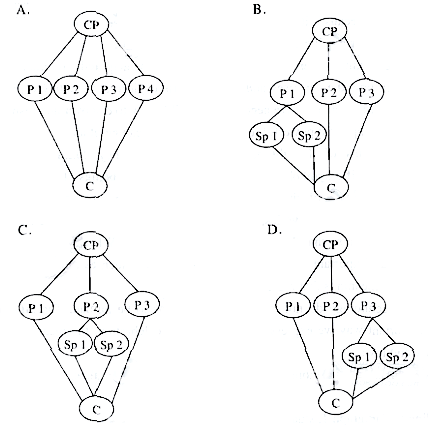0 138451 138459 138465 138469 138475 138477 138481 138487 138489 138495 138501 138505 138507 138511 138517 138519 138525 138529 138531 138535 138537 138541 138543 138545 138546 138547 138549 138550 138551 138553 138555 138559 138561 138565 138567 138571 138577 138579 138585 138589 138591 138595 138601 138607 138609 138615 138619 138621 138627 138631 138637 138645 151629
